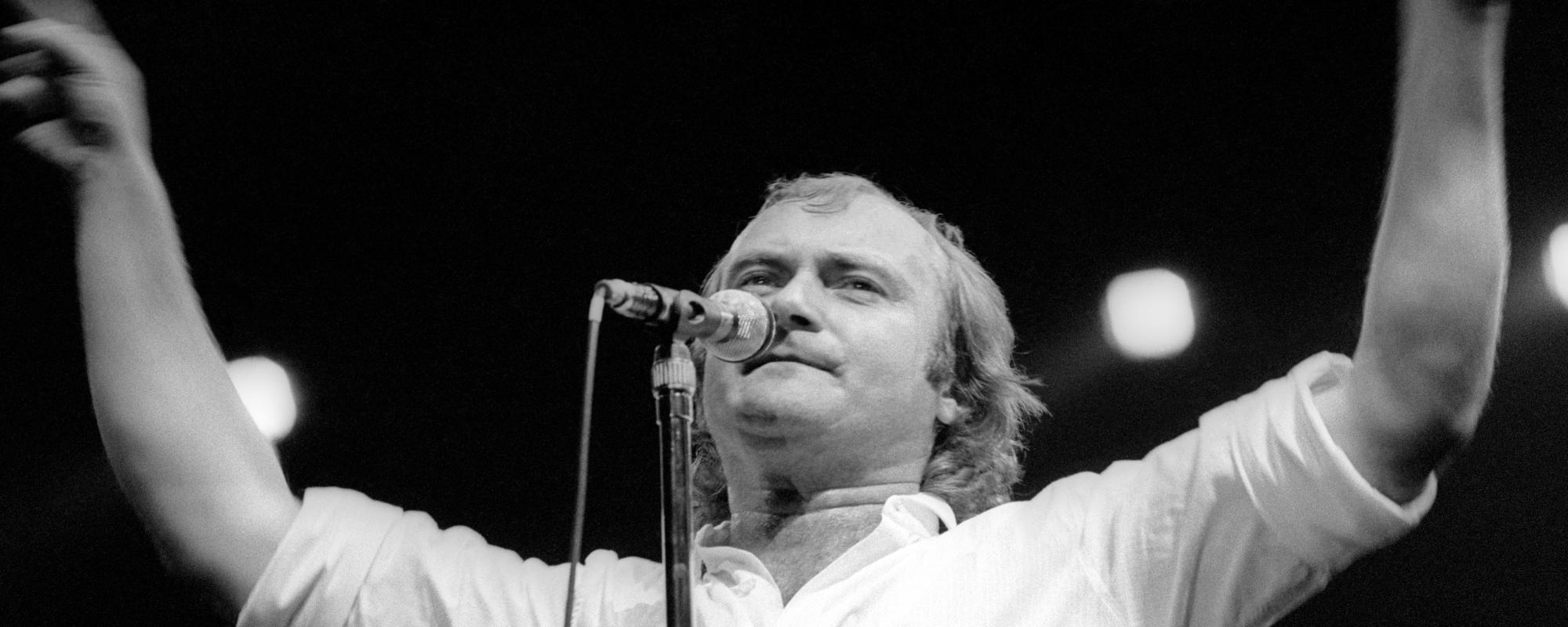It wasn’t easy to be a ‘70s rock band that wanted to keep up with the times. To sell records in the late ‘70s, it didn’t hurt to incorporate some disco elements into the mix. That’s how we wound up with The Rolling Stones’ “Miss You,” KISS’ “I Was Made for Lovin’ You,” and Bad Company’s “Rock ‘n’ Roll Fantasy.” By the end of the decade, though, disco was out and new wave was ascending.
Videos by American Songwriter
As new wave artists like The Cars, Blondie, and The Police were capturing the airwaves, the four bands featured here were looking to keep their sound fresh after years of recording and touring. They borrowed several elements from new wave, from the beats to instrumentation to tempos. For the most part, these experimentations helped to keep these bands in the commercial mainstream or even make them more popular than ever. In one case, it was the band’s last hurrah.
Wings, Back to the Egg (1979)
As Wings headed to the studio to make their seventh studio album in 1978, disco was on the cusp of being overtaken by new wave. That shift is reflected in the decision the band made to leave their disco-adjacent single “Goodnight Tonight” off the album that would become Back to the Egg. It was a good choice, as it would have been a jarring experience to hear “Goodnight Tonight” among the hard-driving punky rockers that populated the album.
The actual lead single from Back to the Egg, “Getting Closer,” was the album’s strongest nod to new wave. With a sharp-edged guitar riff and spiky keyboards, it was a distinct departure from the classic rock sound of “Jet” and “Band on the Run,” as well as the band’s many soft-rock hits. Hiring Chris Thomas (Sex Pistols, Pretenders) to co-produce the album with Paul McCartney helped Wings to achieve a more contemporary sound.
Back to the Egg did not succeed in bringing Wings a new audience. Though it was certified Platinum and peaked at No. 8 on the Billboard 200, it was Wings’ lowest-charting studio album since their 1971 debut Wild Life. It would be Wings’ final studio album, as they would disband in 1981. The dissolution of Wings didn’t slow down McCartney’s run of chart hits, as he rebounded with a pair of Top 5 solo albums and four Top 5 singles between 1980 and 1983.
The Kinks, Low Budget (1979)
The Kinks were a band of frequent reinventions, and Low Budget kicked off a series of five albums that combined a pop sensibility with a punk edge. As with Wings and Back to the Egg, The Kinks recorded Low Budget as disco was waning and new wave was rising. Their lone take on disco, “(Wish I Could Fly Like) Superman,” was written as a tongue-in-cheek response to Arista Records head Clive Davis’ request for The Kinks to make a single that could be played in dance clubs. Aside from the funky closer “Moving Pictures,” the rest of Low Budget is lean rock and roll. “Attitude” and “Pressure,” in particular, sound heavily influenced by the Ramones.
If The Kinks were trying to grow their fanbase with Low Budget, then the album was a success. It is the band’s highest-charting studio album on the Billboard 200, achieving a peak position of No. 11.
Genesis, Abacab (1981)
Many of Genesis’ longtime fans were befuddled or upset by Abacab and the conscious change in direction it reflected. Genesis avoided writing songs for the album that sounded too much like their previous material, and much of it was clearly influenced by new wave. Whereas Genesis had been known for busy arrangements with fast-moving, complex riffs, on Abacab, they opted for a more spacious sound. Tracks like “Dodo” and “Who Dunnit?” were also more dissonant than their typical songs, particularly during the post-Peter Gabriel era. The latter of those songs is one of the most aggressive tracks Genesis ever recorded, and it’s the closest they ever came to punk.
Some consider Abacab to be the point where Genesis “sold out,” but in retrospect, it was an incredibly gutsy album. Its bold new soundscape threatened to alienate their hardcore fans, and yet it didn’t have a single with obvious pop appeal like “Misunderstanding” or “Invisible Touch” did. In fact, none of the album’s four singles cracked the Top 20, but Abacab did become Genesis’ first Top 10 album, reaching No. 7 on the Billboard 200.
Rush, Signals (1982)
Rush’s movement away from a proggy, guitar-heavy vibe and towards a sleeker, more keyboard-driven sound was showcased on “Vital Signs” from their previous album Moving Pictures, and there was a lot more where that came from on Signals. In an interview with Prog magazine, frontman Geddy Lee even referred to “Vital Signs” as being “like a segue, almost” from one album to the next. It would be an exaggeration to say Signals was full of snappy pop tunes, but it was the first Rush album that did not include any songs that were at least seven minutes long. The Police were an obvious influence on Rush’s sound, especially on the reggae-tinged hit single “New World Man.”
Even though Signals brought Rush closer to the pop zeitgeist than they had ever been before, the album did not achieve the multi-Platinum success of Moving Pictures. It did, however, set off a chain of three consecutive Platinum albums that peaked at No. 10 (Grace Under Pressure and Power Windows being the others).
When you purchase through links on our site, we may earn an affiliate commission.
Photo by Wood/Evening Standard/Getty Images/Hulton Archive













Leave a Reply
Only members can comment. Become a member. Already a member? Log in.